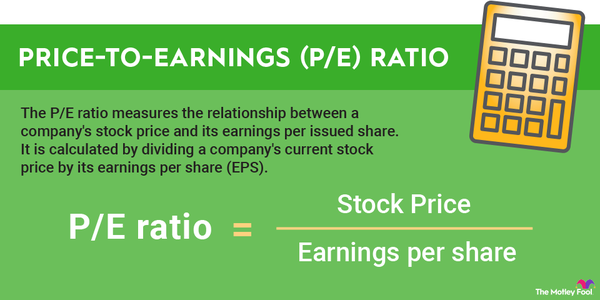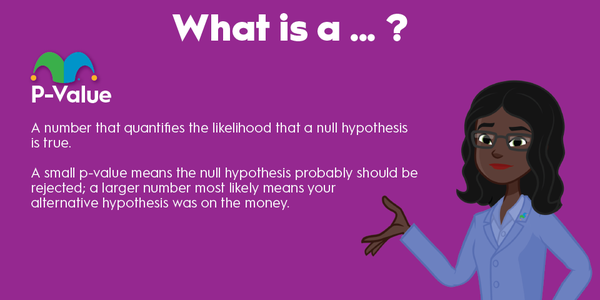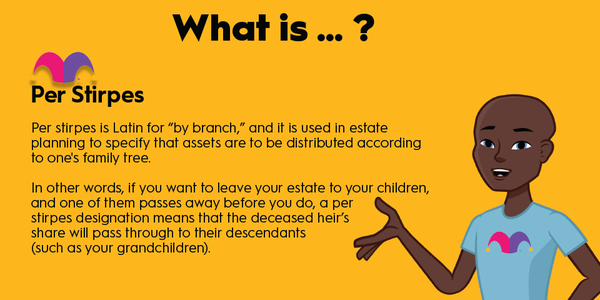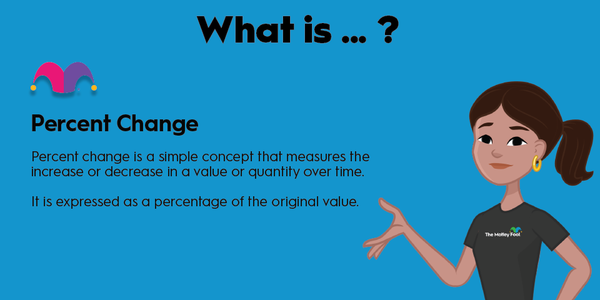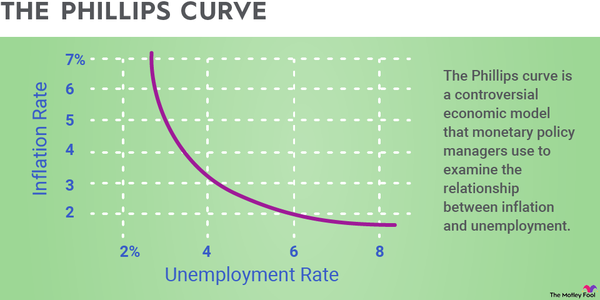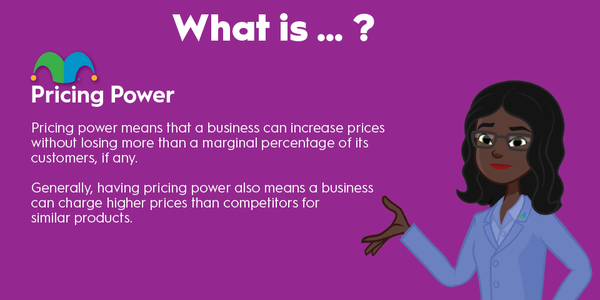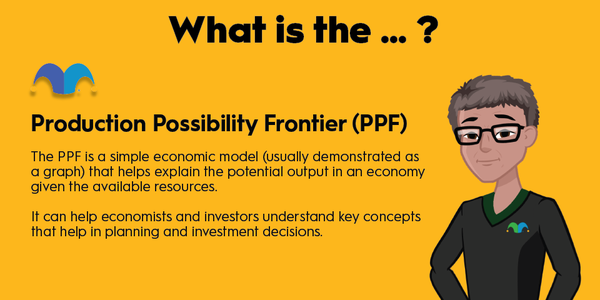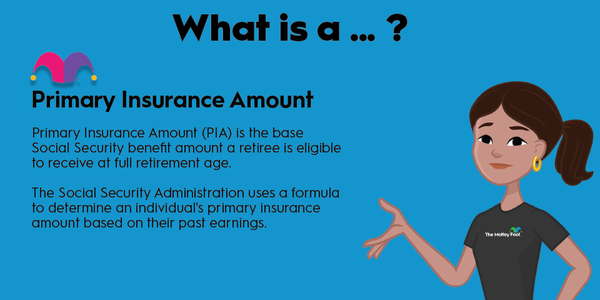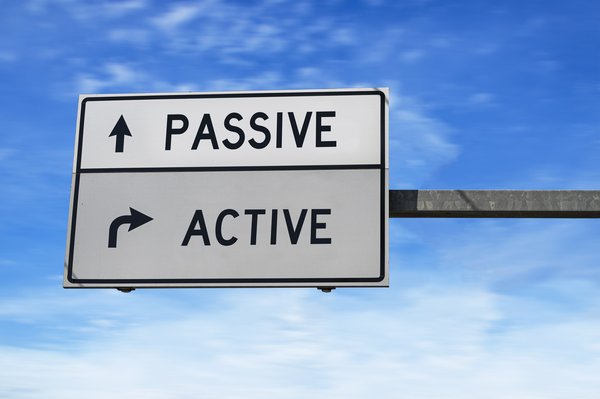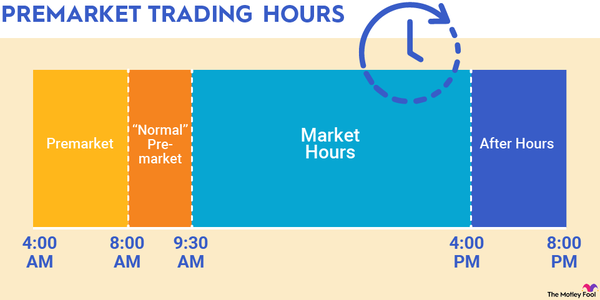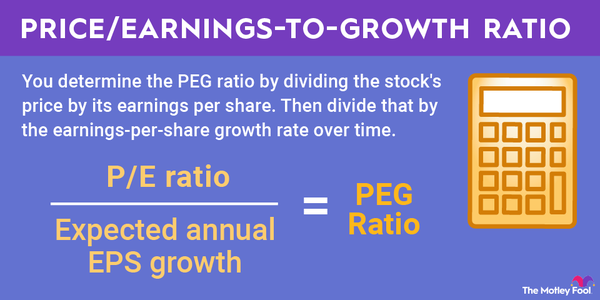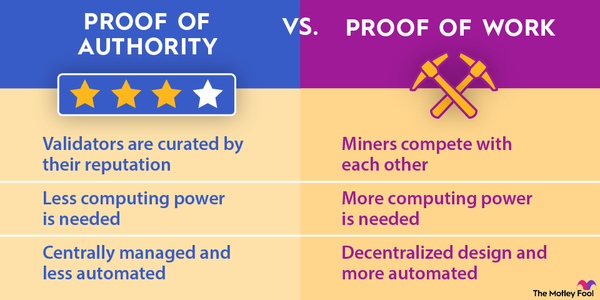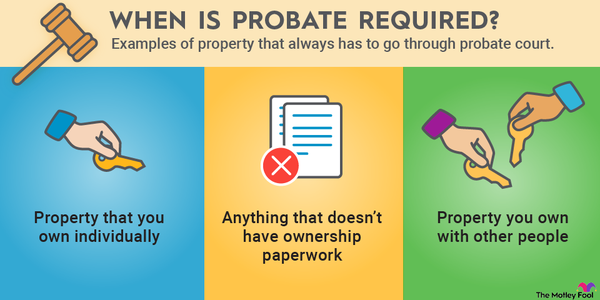Imagine if you could earn money simply by sitting back and doing nothing. Believe it or not, it's something countless folks do every day. That money you earn with little to no effort is known as passive income, and it puts you on the fast track to financial independence.

Earning money without working for it may sound too good to be true, and there is a catch. Passive income doesn't materialize on its own; it requires an up-front investment of money and time. The first step to accessing passive income is buying, creating, or contributing to assets that produce cash flow. If all goes as planned, your reward for that initial investment is an ongoing stream of income you can enjoy over time.
Keep in mind that the IRS has a narrower definition of income from passive activities. For the purposes of your tax return, special tax rules apply if the income is derived from equipment leasing, rental properties, or a business you don't materially participate in.
Benefits of passive income
Passive income is a critical element of financial independence. Compare passive income to the money you earn in a paycheck, and you can see why.
Your work income depends on you showing up and performing tasks every day. It's limited in many ways -- by the hours in the day, your health, your age, your company's policies on raises and promotions, and even your boss's perception of your performance. Even when you're healthy and capable of working, there's a ceiling to how much you can earn. And, if your health fails, your paycheck potential takes a dive, too.
Passive income doesn't have those limitations. You can earn passively at any age and in any health condition. A larger stream of passive income makes you less reliant on your paycheck and gives you more freedom to choose how you spend your time. Passive income can fund big financial goals, like retirement, or smaller ones, like debt repayment.
Types of passive income
As noted above, you can build a passive income stream by buying, creating, or contributing to an asset that generates cash.
- Buy: Passive income investments include dividend stocks, bonds, annuities, and rental properties. You could also buy a small business.
- Create: You can develop a product or service that generates cash.
- Contribute: You can invest in an existing business or a limited partnership. You could also make an asset you already own available for sale or lease. Renting out a room in your house is one example.
Where should I invest to create passive income?
The easiest place to start investing for passive income is in a standard brokerage account. You can access a variety of income-producing securities, including stocks and bonds or dividend-paying mutual funds, exchange-traded funds (ETFs), and real estate investment trusts (REITs).
While investing in an individual retirement account, such as a traditional IRA, has the advantage of tax-deferred investment earnings, in a taxable account you'll pay taxes on that income even if you reinvest it.
You could also invest in rental properties or business ventures directly.
3 popular ways to make passive income
Popular passive income strategies fall into three general categories:
- Traditional income investments: Fixed-income and dividend-paying securities are popular sources of passive income because they require very little work. You do the research up front, keep watch over your investment portfolio, and collect your payments. If you don't need the cash flow right away, you can reinvest those dividend or interest payments to expedite your income growth.
- Rental properties: Owning real estate for rental income is also appealing because you can finance the property inexpensively with a mortgage. Also, the property's value isn't as volatile as stocks. The trade-off is that real estate passive income is often less passive than you'd think. Unless you hire a property manager, you will be coordinating maintenance and repairs, fielding tenant questions, and collecting rents.
- Online businesses. Those who are short on cash often look to launch a small business that will eventually produce passive income. There are many opportunities in the digital space, from e-commerce stores that drop-ship products to blogs and online courses. This is a longer-term strategy since these businesses are often resource-intensive at the beginning.
Does passive income really require "no work"?
Passive income does require work. However, much of that work is done at the start so you can enjoy the cash flows later with less effort. The amount of work involved varies based on the passive income strategy you pursue.
Invest in a reputable dividend stock, and you don't have to do much at all. Just oversee your position, and you might collect a 2% or 3% yield on your investment for many years.
As you pursue higher yields, the amount of work can increase. You could invest in a high-yield income fund that uses leverage and other aggressive tactics to amplify returns, for example. That's a position you'd have to manage closely since it will probably be quite sensitive to market and economic trends.
A small-business launch, which could have unlimited return potential, typically requires even more time and energy. You could put in full-time hours for months before the business is stable enough for you to step back from the front lines.
Related: Understanding Residual Income
How do I pay taxes on passive income?
This probably won't surprise you: The taxation of passive income is confusing. There are several sets of rules and exceptions that apply, depending on the exact nature of the income.
For example, ordinary dividends are taxed as ordinary income, but qualified dividends are taxed at long-term capital gains rates. Rental income from real estate properties is also taxed as ordinary income, but you can deduct your mortgage interest and other expenses as well as depreciation. Income from a business you manage is often subject to ordinary income tax, plus self-employment tax.
There is also a special set of rules governing the tax treatment of losses on passive activities. This is where the IRS definition of "passive" comes into play. The short story is that losses from passive activities cannot offset your ordinary income. You either need to carry those losses forward or offset them with passive income in the same tax year. This only applies if your income comes from real estate rentals, equipment leasing, or a business you're invested in but don't materially participate in.
Related Investing Topics
Your ticket to financial freedom
Passive income is your ticket to financial freedom. Have enough of it and you can do what you want with your time and still pay your bills, too.

